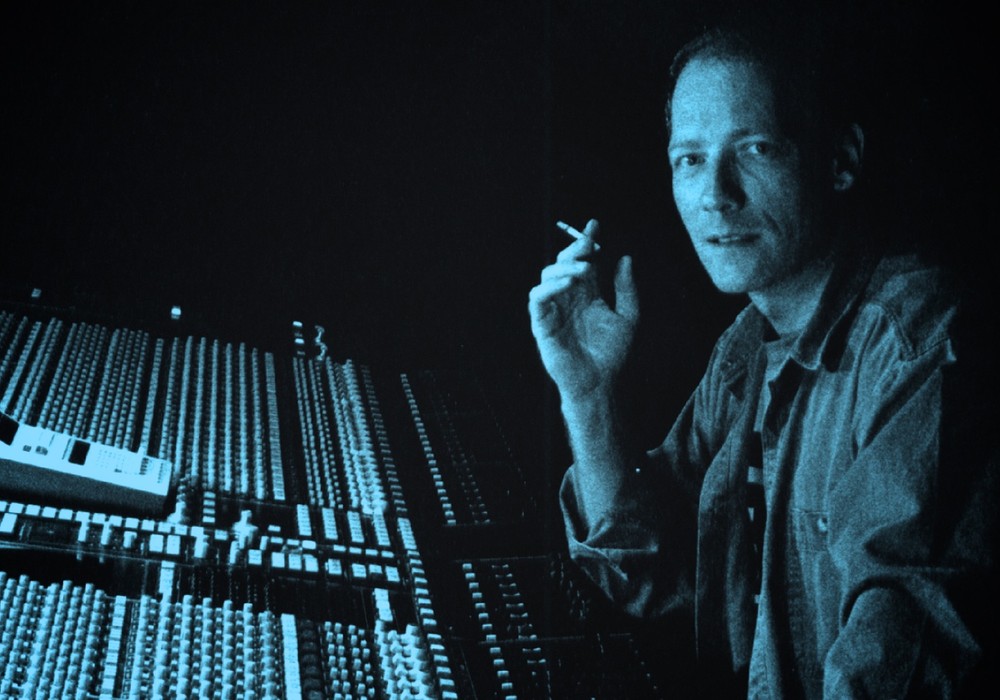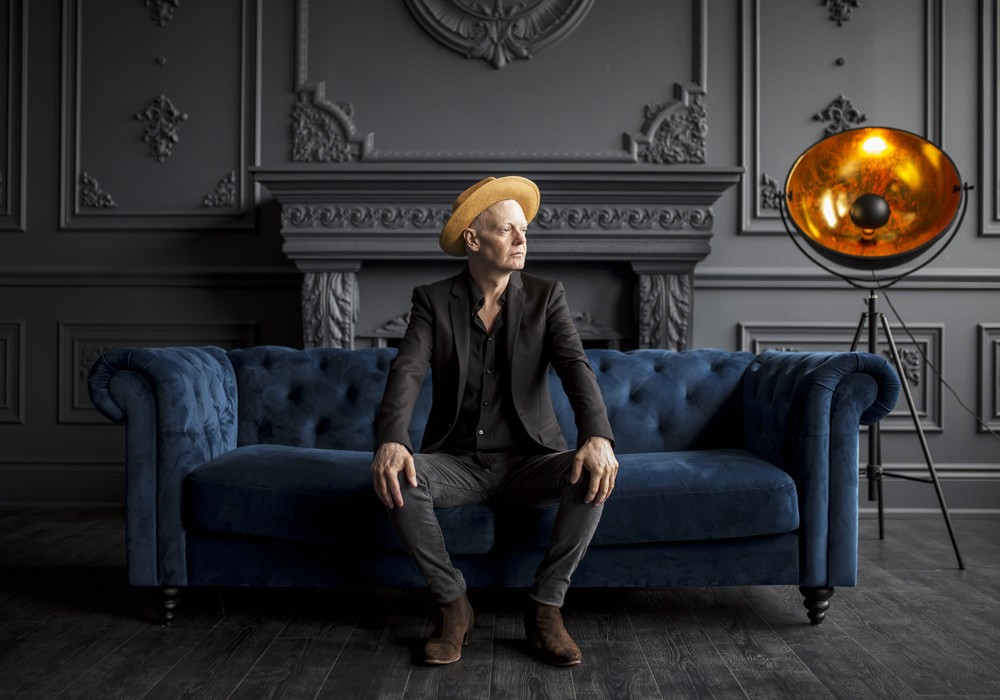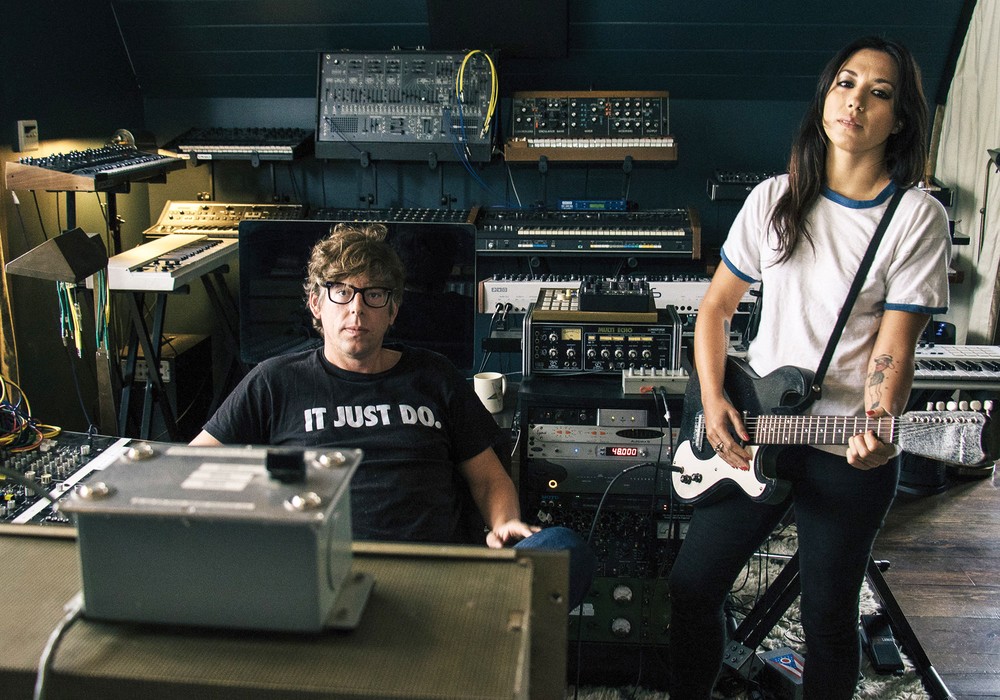Known as the "Father of Audio" in Arizona, Jack Miller has had a long history in the recording world that includes hit-making, late-'50s sessions in Phoenix with Duane Eddy and Lee Hazlewood and a stint in Hollywood with RCA where he worked with artists like The Rolling Stones, Anthony Newley, Herman's Hermits and The Monkees. Jack has been busy ever since, becoming a partner in Arizona's legendary Audio Recorders in the '60s and forming Jack Miller Productions in 1978. Now in his 70s, Jack is still recording, working extensively with Canyon Records on their catalog of Native American music.
I know that you grew up in Chicago. Is it true you went around recording weddings with a mono tape deck?
When I was 16 years old I recorded weddings and funerals.
How did you step into that career?
Well, it ended up being that someone we knew had a funeral and they said, "Can you record it?" We said, "Sure." So we took our disc recorders (we didn't have tape at the time) and recorded everybody talking about the deceased. They were just thrilled. They told their florist about it. The florist then contacted us and said, "I can probably sell these things. For a cut I will give you the names and you can go ahead." We started selling weddings and funerals and bar mitzvahs — we did a lot of stuff.
Would you get acetates pressed up for people?
Yeah. We actually cut a disc, and then we took that and played it on a turntable and cut another disc. If it was a 15-minute thing, there would be probably five discs, both sides. I think we sold the discs for 10 bucks apiece.
Did you have a business partner that was doing these recordings with you?
Three of us. Dale Blackwell went on to be the guy who invented the black boxes in aircraft. Dave Johnson — his dad was the manager or CEO of WLS in Chicago — the Prairie Farmer station. We actually got a lot of our equipment from their used stuff. We rebuilt it and made stuff for ourselves.
Did you have any studio experience in Chicago?
I worked at [Bill Putnam Sr.'s] Universal Recording in Chicago just before I came out to Phoenix. They hired me to edit a program called The Man on the Street — that's all I did. One day I was getting ready to go home, and Louis Prima and Keely Smith came in and said, "We're ready to do our session here." Ruby, the owner's wife, said, "I don't have you booked. I have no engineers here." He said, "Oh, I need this. It's a demo for Capitol and I need it tonight." She said, "I've got Jack. He can turn the equipment on." So I did my very first live musical session with Louis Prima and Keely Smith. I think it was "Old Black Magic," but I can't remember for sure. When he left he said, "That was great," so I was happy.
Were you terrified?
I wasn't, because he totally made me at ease. He said, "All we want to get is the melody and the chords down on a disc." He brought the band. When I went to work at RCA I met Bill Putnam and I said, "You probably don't remember me, but I used to work for you." He says, "I don't remember you." [laughter] I never talked to him because his wife hired me, and I just did my editing over in my little corner.
How did you end up in Phoenix?
My dad and I were researching a job for him in L.A. We spent two days in L.A. and he said, "I don't like the thought of living here." It's too hectic. The people were different. We stopped in Phoenix at my aunt's house and spent the night. We went out to eat and drove around town. We liked the town. We called my mom, said, "Sell the house. We're moving to Phoenix."
When you worked in L.A. at RCA, there weren't that many engineers in the world...
The rest of this article is only available with a Basic or Premium subscription, or by purchasing back issue #86. For an upcoming year's free subscription, and our current issue on PDF...
Or Learn More
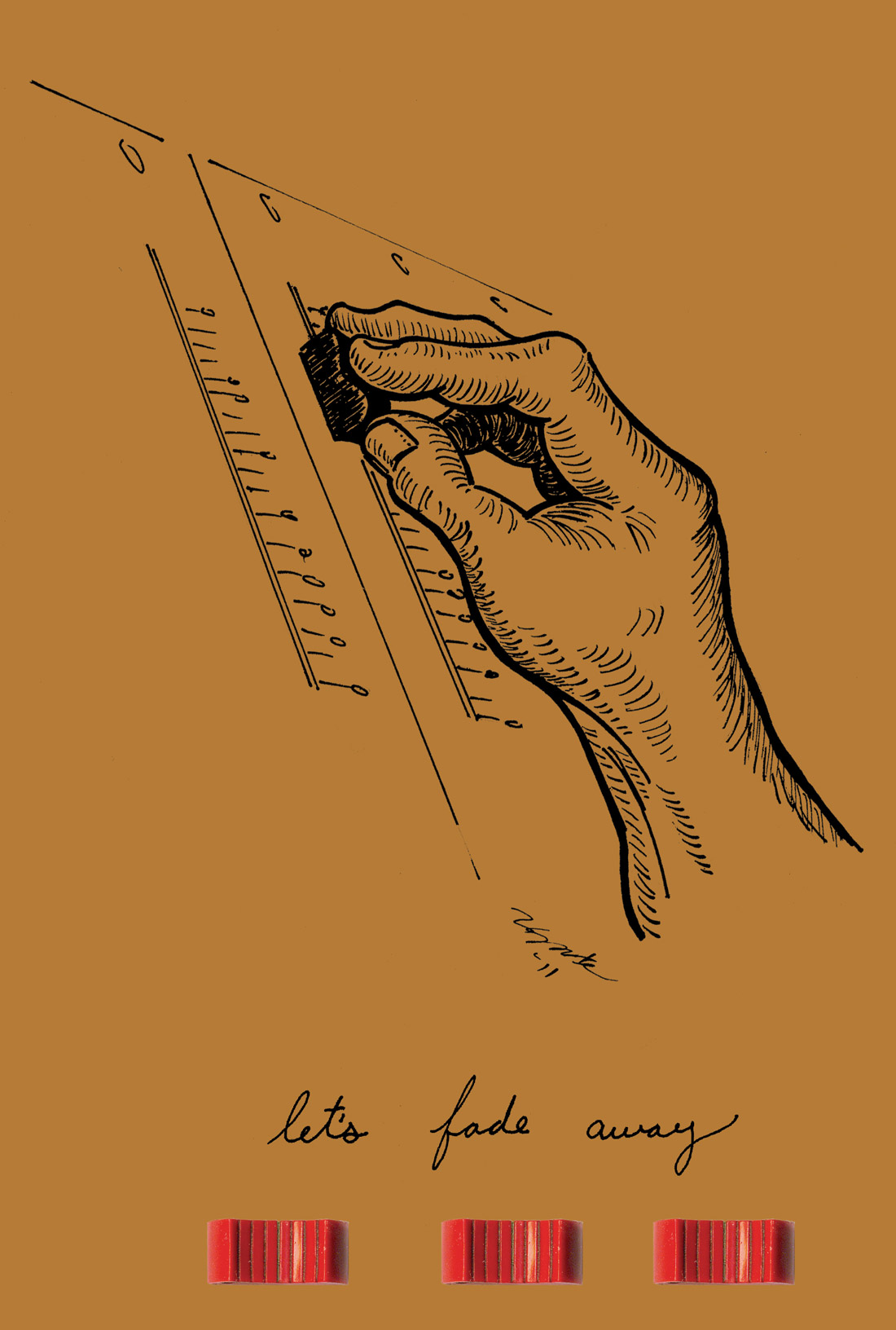


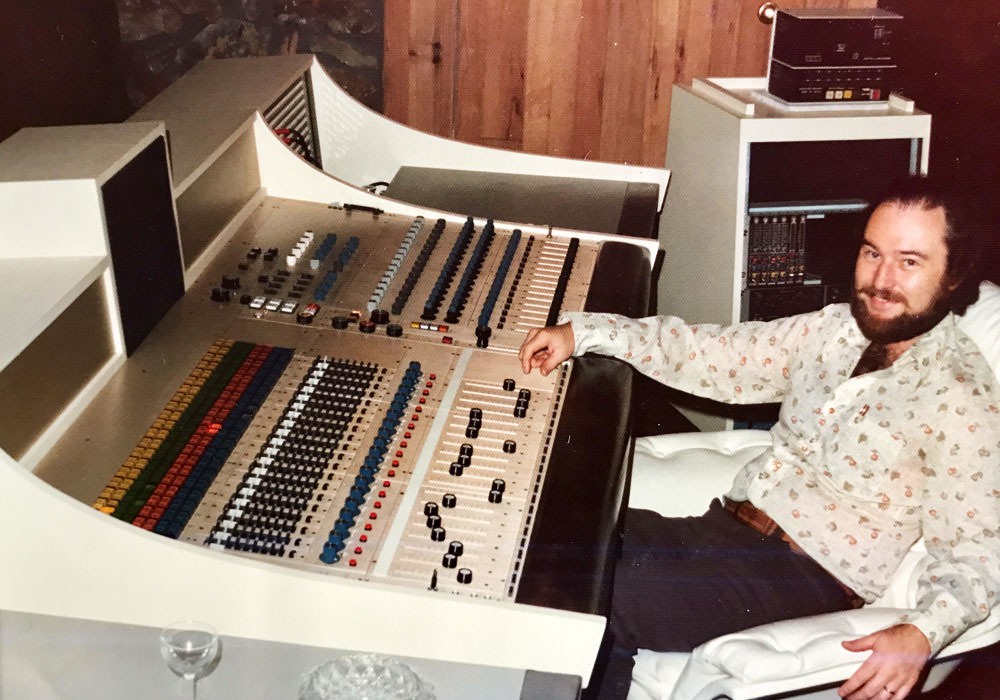
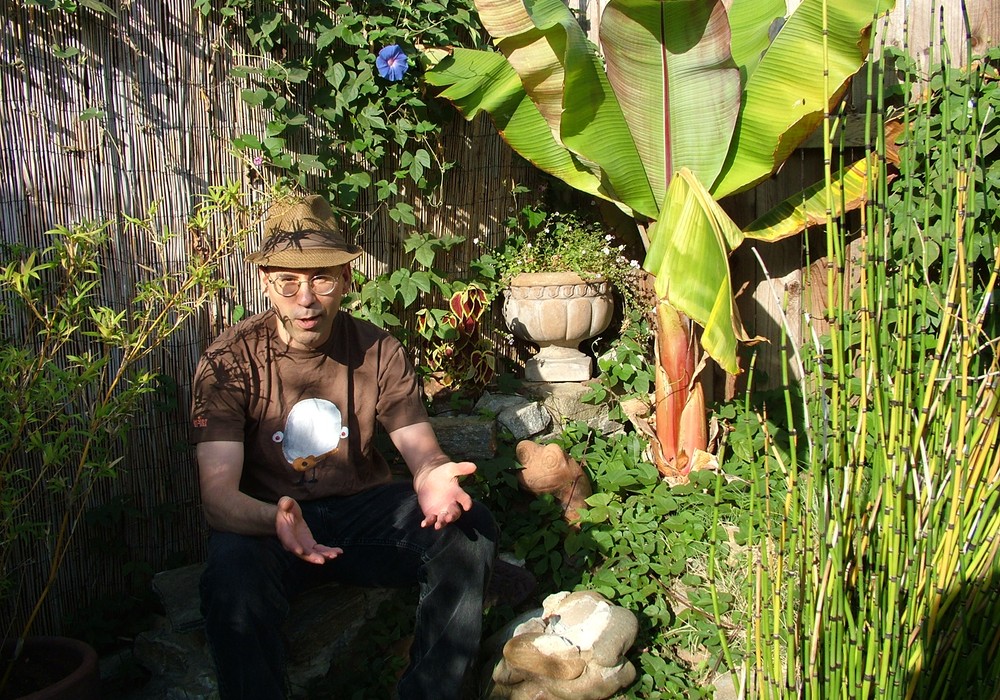
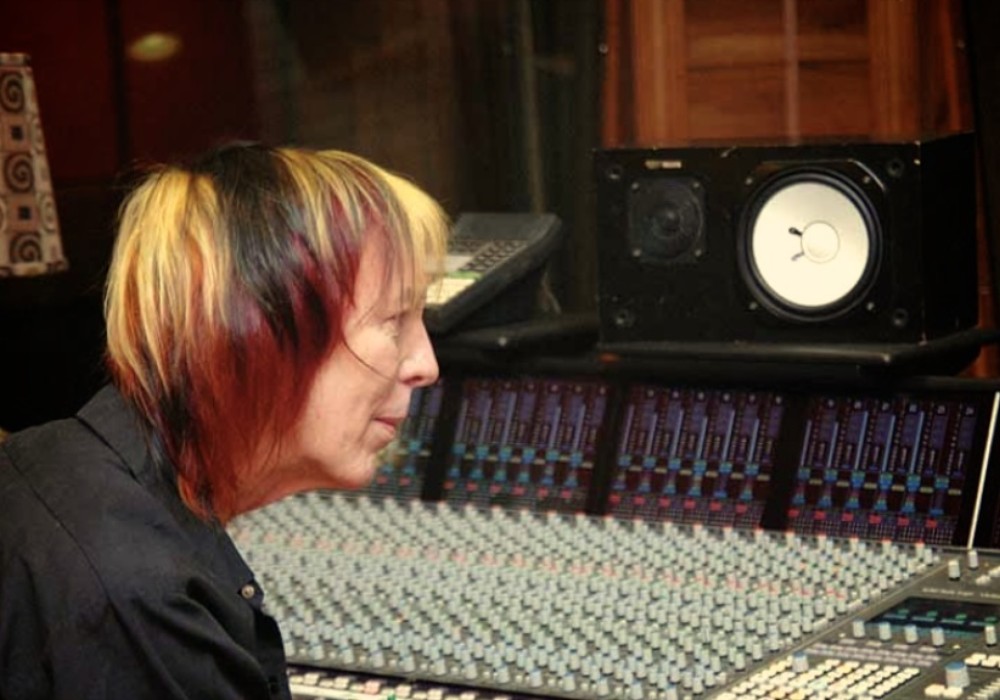
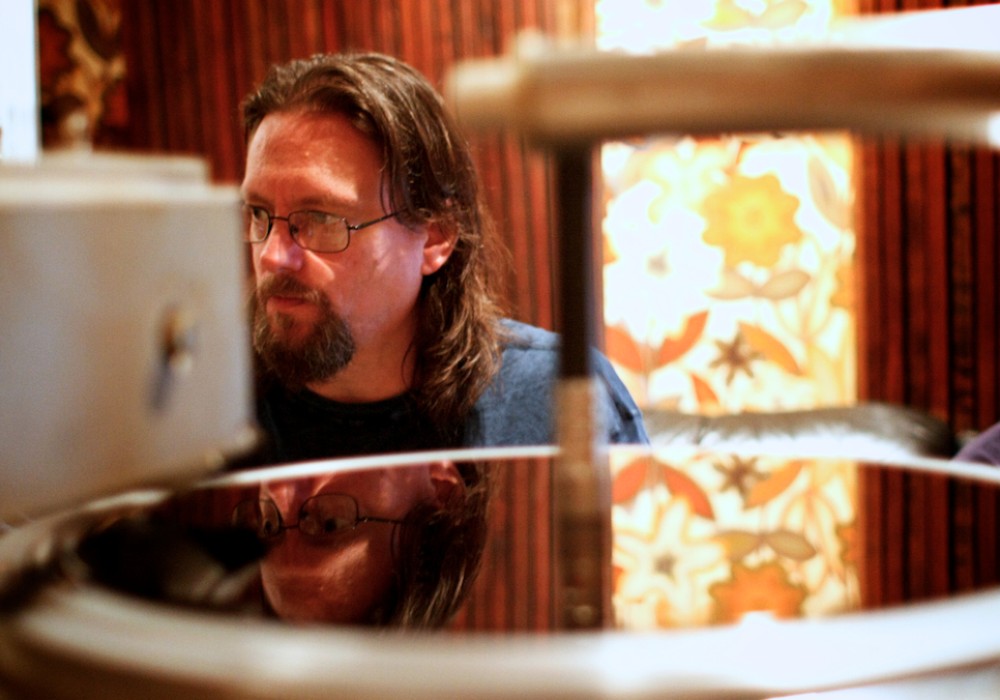
_display_horizontal.jpg)
